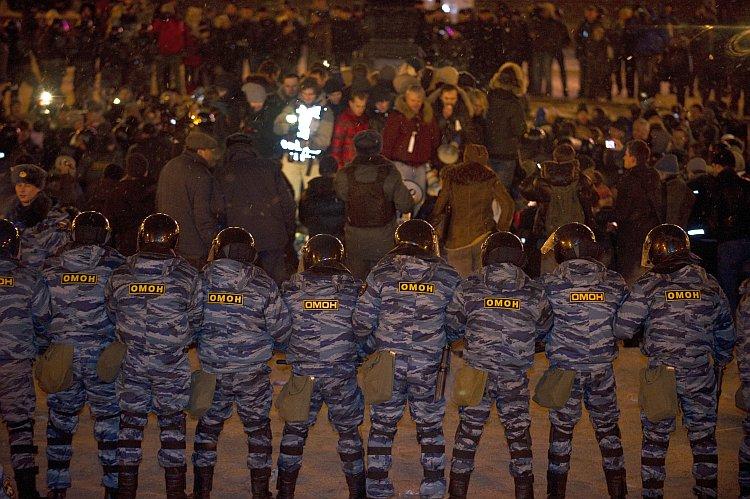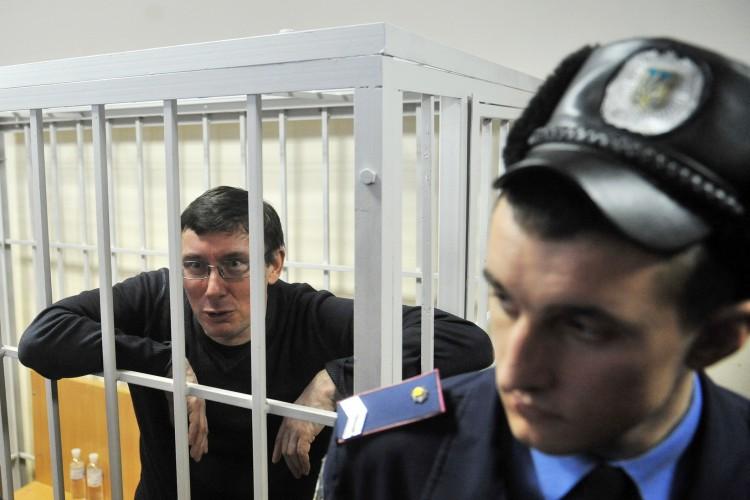The United Nations has called for a boost in humanitarian efforts to Pakistan’s flood-torn southwestern province of Balochistan, before refugees fleeing the area cross into Iran.
Mengesha Kebede, a Pakistan representative with the U.N. High Commissioner for Refugees (UNHCR), said the situation in this biggest and poorest province has been overlooked, as attention was paid to other parts of Pakistan.
The number of displaced people in Balochistan is approaching 2 million, including 600,000 who escaped flooding in neighboring Sindh Province, the agency reported.
“By any definition it is a humanitarian tragedy in Balochistan. We need to scale up our activities in the province, if not, I think we are heading for a major humanitarian disaster there,” Kebede said on Thursday.
“I have worked in humanitarian crises all over the world, but I had never seen a situation as devastating as in Balochistan,” she added.
She said that it would be “a shame” if people were forced to flee to Iran because they could not be helped, although no one had yet illegally crossed the border.
“I have visited two schools, where I literally could not walk in,” continued Kebede. “There were almost no toilets, and people had defecated wherever they could.”
Flood waters that have devastated Pakistan, covering a fifth of the country and leaving at least 1,600 people dead, are finally draining into the Arabian Sea.
Mengesha Kebede, a Pakistan representative with the U.N. High Commissioner for Refugees (UNHCR), said the situation in this biggest and poorest province has been overlooked, as attention was paid to other parts of Pakistan.
The number of displaced people in Balochistan is approaching 2 million, including 600,000 who escaped flooding in neighboring Sindh Province, the agency reported.
“By any definition it is a humanitarian tragedy in Balochistan. We need to scale up our activities in the province, if not, I think we are heading for a major humanitarian disaster there,” Kebede said on Thursday.
“I have worked in humanitarian crises all over the world, but I had never seen a situation as devastating as in Balochistan,” she added.
She said that it would be “a shame” if people were forced to flee to Iran because they could not be helped, although no one had yet illegally crossed the border.
“I have visited two schools, where I literally could not walk in,” continued Kebede. “There were almost no toilets, and people had defecated wherever they could.”
Flood waters that have devastated Pakistan, covering a fifth of the country and leaving at least 1,600 people dead, are finally draining into the Arabian Sea.
.jpg&w=1200&q=75)
.jpg)



